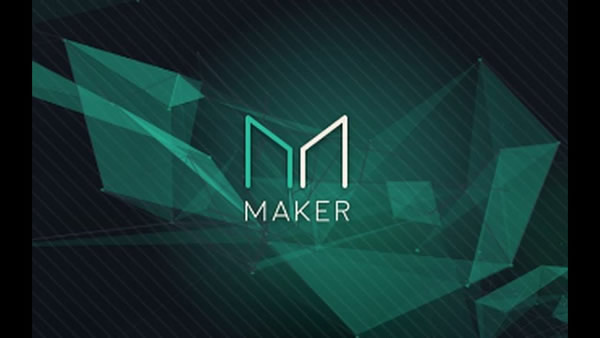
major external playersIn addition to the smart contract infrastructure, the operation of the Maker protocol also relies on various external participant groups: Keeper, Information Inputter (Oracle), Global Settler, also known as Emergency Oracle, that is, Emergency Information input) and Maker community members. These participants play a vital role in the operation of the protocol.
Keeper
Caretakers are independent (often automated) actors that provide liquidity to all aspects of a decentralized system, incentivized by arbitrage opportunities. In the Maker protocol, caregivers refer to market participants who help Dai maintain the target price ($1): they will sell Dai when the market price exceeds the target price, and sell Dai when the market price is below the target price. Buy.
In addition, when Maker vaults are liquidated, caregivers will participate in surplus auctions, debt auctions, and collateral auctions, all of which help maintain the stability of the system.
Price information input machine (Price Oracle)
The Maker protocol requires real-time knowledge of the market price of the assets acting as collateral in the Maker vault in order to know when to trigger the liquidation mechanism. The Maker Protocol's internal collateral prices come from the decentralized Oracle infrastructure, which consists of a large number of independent nodes called "Oracle Feeds." MKR voters select a group of trustworthy price feed nodes, and these nodes provide price information to the Maker system through Ethereum transactions.
In order to prevent attackers from controlling most price feeders, the Maker protocol obtains price information through the price feed security module (Oracle Security Module, OSM), not directly through the price feeder. The price feed security module is a defense layer erected between the price feed machine node and the Maker protocol, which delays price updates by 1 hour. During this period, if a price feeder is found to be controlled by an attacker, it can be frozen through emergency information input or Maker governance voting.
Emergency information input person (Emergency Oracle)
Emergency feeders are voted in by MKR holders and are the last line of defense to protect the governance process and other feeders from attacks. The emergency oracle can freeze a single price feeder (for example, the price feeders of ETH and BAT) and has the right to unilaterally trigger the emergency shutdown mechanism (Emergency Shutdown), thereby reducing the number of customers trying to retrieve assets from the Maker protocol in a short period of time. risks arising.
DAO Team: The DAO team is composed of individuals and service providers who sign contracts through the Maker Governance process (Maker Governance) to provide specific services to MakerDAO. Members of the DAO team are independent market participants and are not employed by the Maker Foundation.
Governance Facilitator
The Governance Coordinator leads the communications and governance process to ensure that proposals and resolutions proceed smoothly. These coordinators play a key role in maintaining system stability and transparency.
Risk Team: Risk Team members support Maker governance through financial risk research and drafting proposals for introducing new collateral and managing existing collateral. These proposals are discussed and voted on before a final decision is made on whether to implement them.
While Maker governance has so far been guided by the Maker Foundation, the DAO is expected to have full autonomy in the near future, launching MKR votes to fill various roles on the DAO team.
The role of the MKR token: The MKR token plays multiple roles in the Maker protocol. First, MKR token holders have the right to participate in governance and decide on important decisions of the protocol by voting. Secondly, MKR tokens also serve as a store of value and can be traded in the market. Finally, MKR tokens also play an important role in the system liquidation process, used to pay debts and maintain system stability.
in conclusion
The Maker Protocol is a complex and sophisticated decentralized financial system whose operation relies on the collaboration of multiple external participants. From caretakers, to info feeders, to emergency feeders and the DAO team, each role plays an integral role in maintaining system stability and security. As the core of the system, the MKR token not only provides governance authority, but also plays an important role in the financial risk management and liquidation process.
Through these mechanisms, the Maker Protocol provides a stable and reliable solution for the field of decentralized finance, and over time, this system is expected to become more autonomous and flexible, providing better financial services to users around the world.